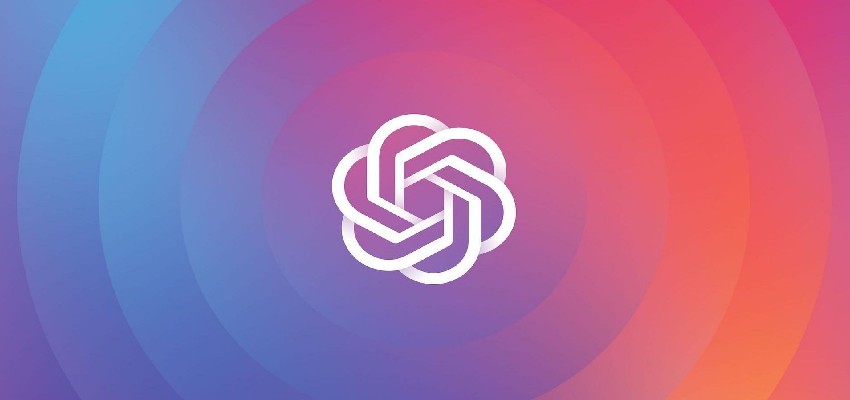In today’s world, technology plays a major role in shaping the way we learn and access information. However, for students in developing countries with limited learning resources, traditional methods of acquiring knowledge can be a challenge. This is where ChatGPT, an AI language model, can provide valuable support.
One of the ways that ChatGPT can assist students in developing countries is by answering their questions and providing information on various topics. For instance, if a student in a rural area wants to learn about science, they can ask ChatGPT and receive detailed and accurate information that they would otherwise not have access to. This can greatly enhance the student’s learning experience and help to bridge the gap between students in developed and developing countries.
Another way that ChatGPT can be useful for students in developing countries is by assisting with note-taking. By asking ChatGPT questions about a topic, students can summarize its responses and create organized and comprehensive study notes. This saves time and effort compared to traditional note-taking methods, and also provides students with a more complete understanding of the material they are studying.
In addition to its utility as a source of information, ChatGPT can also help students in developing countries improve their writing skills. By asking ChatGPT to write a summary or essay on a particular topic, students can see how AI technology structures and communicates information. This can serve as a valuable model for students to follow as they develop their own writing abilities, despite the lack of resources available to them.
Finally, ChatGPT can also be used as a tool for self-reflection and growth. By asking ChatGPT questions about their own learning and understanding, students can gain a better understanding of their strengths and weaknesses, and identify areas where they need to focus their attention. This can help students to be more intentional and purposeful in their studies, and ultimately lead to better outcomes, despite the limited resources available to them.
In conclusion, ChatGPT is a valuable tool for students in developing countries with limited learning resources. By incorporating this technology into their studies, students can access information, clarify their understanding, and even create study notes. ChatGPT can play a crucial role in bridging the gap in education between developed and developing countries and helping students achieve their full potential.
Pros of ChatGPT:
- Access to Information: ChatGPT provides students and users with quick and easy access to information on a wide range of topics. This can save time and effort compared to traditional methods of researching information.
- Natural Language Processing: ChatGPT is trained on natural language processing, meaning that it can understand and respond to questions and queries in a way that feels natural and intuitive. This makes it easier for users to engage with the technology and receive relevant information.
- Improved Writing Skills: By using ChatGPT to write essays or summaries on various topics, students can see how AI technology structures and communicates information. This can serve as a useful model for students to follow as they develop their own writing abilities.
- Time-Saving: ChatGPT can help students to save time by quickly summarizing information and generating organized and comprehensive study notes. This can free up time for students to focus on other aspects of their studies or lives.
- Self-Reflection: By asking ChatGPT questions about their own learning and understanding, students can gain a better understanding of their strengths and weaknesses, and identify areas where they need to focus their attention. This can lead to more intentional and purposeful learning.
Cons of ChatGPT:
- Reliance on AI: Over-reliance on ChatGPT can result in students not developing critical thinking skills and the ability to analyze information independently.
- Limited Knowledge: While ChatGPT has been trained on a large corpus of text, it has a knowledge cutoff and may not have access to the most up-to-date information.
- Bias: ChatGPT is trained on the text it has been fed, which may contain biases and inaccuracies. This can result in students receiving incorrect information or having their understanding shaped by these biases.
- Lack of Human Connection: By relying on AI technology, students may miss out on the interpersonal connections and learning opportunities that come with traditional methods of learning and working with others.
- Privacy Concerns: There may be concerns around privacy and data security when using ChatGPT, as users are sharing personal information and queries with the technology.
In conclusion, ChatGPT offers a number of benefits for students and learners, including quick access to information, improved writing skills, and time-saving features. However, it is important to be aware of the limitations and potential downsides of relying on AI technology for learning, including limited knowledge, bias, and privacy concerns.

